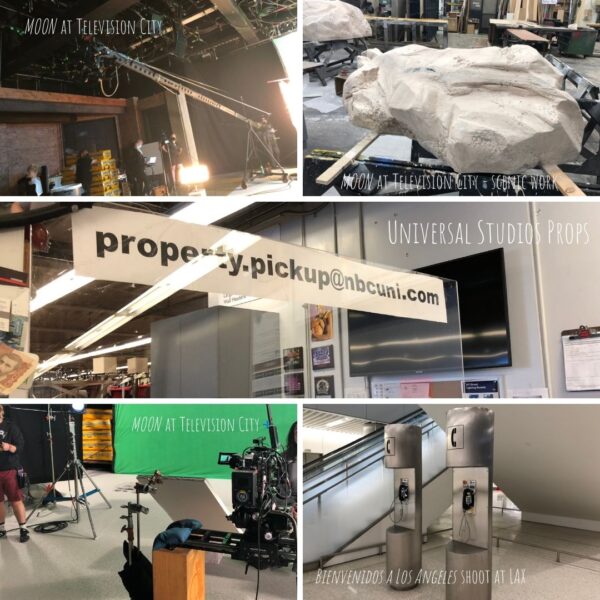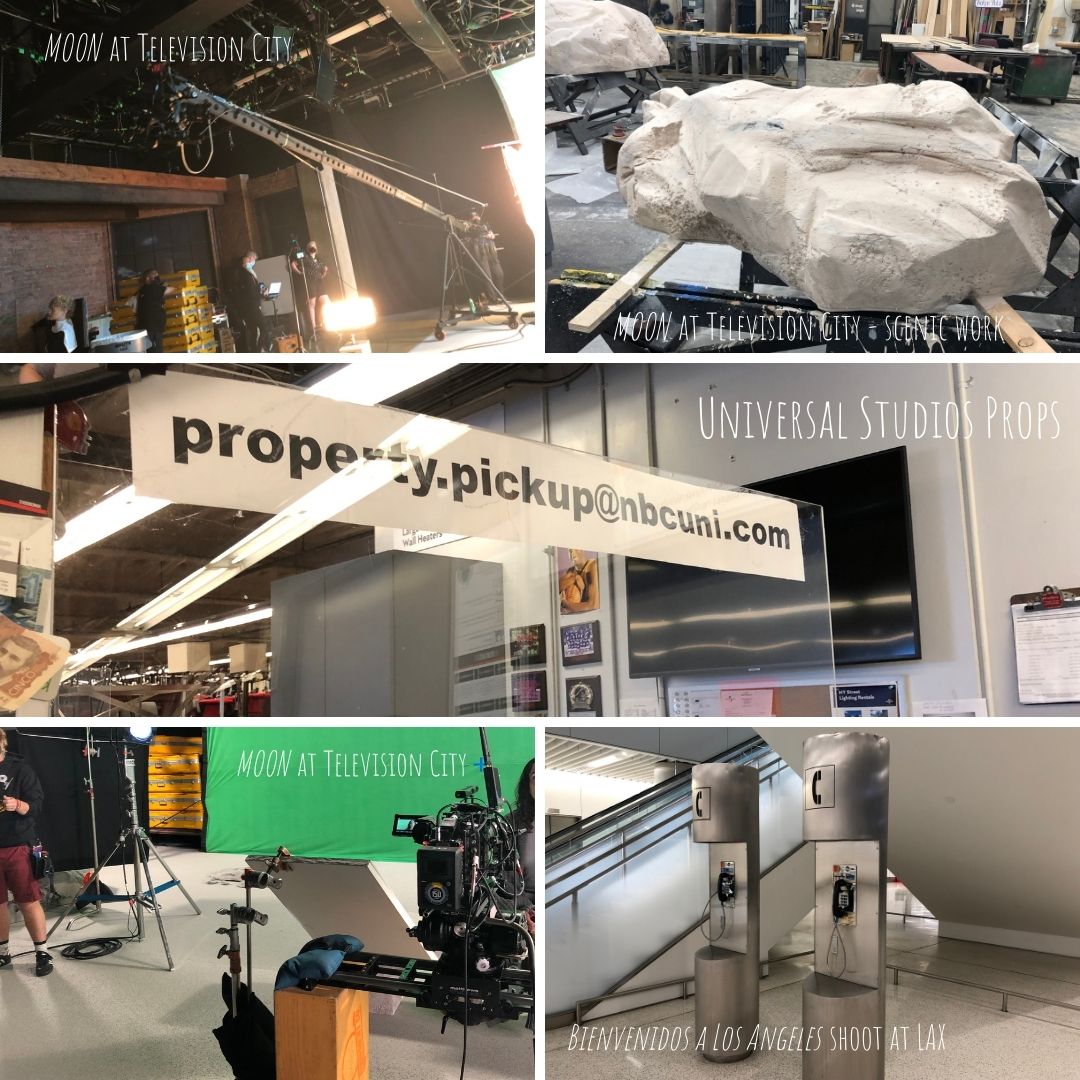
I get asked often by people brand new to the industry about how to get started. These folks can be film school recent grads, high school graduates considering their future, or people who have been in the workforce in other industries driven by a dream to work in film or television.
The most important thing to understand is that most of your work will come from referrals, recommendations, and networking. You will start by working in entry level jobs – usually a variation on Production Assistant (PA) within a department on a production, or as some kind of assistant or intern in a production company, network, or studio situation. These people will be your network, in a position to bring you on to their next show, or recommend you to other people.
Establish yourself as a willing, attentive worker, pro-active in seeking to be helpful, and always interested in learning. If you are still in college, make a friend of the internship coordinator at your school, and look for internships at the biggest budget, most prestigious, and busiest-with-current-projects company available to you.
But internships are generally unpaid, outside of college credit. If you are now looking for actual work and have no credits, you have to replace qualifications and experience with personality, transferable skills, and networking skills. I talk quite a lot about networking in my first book, Work In Production Part One, and in prior blog posts.
Here are some action steps that can help you get a start.
1/ Start with your own network – that is people you know
Tell everyone about your aspirations. Tell your parents, your teachers, your friends, your colleagues. One great advantage of this is that you get to practice your elevator pitch with all these people you know, so that hopefully you feel more comfortable. Eventually someone will know someone in the industry, and might make a call on your behalf.
2/ Start local
While moving to a production hub in due course might be a useful goal, you can start where you live now by looking locally. There are always local news channels, if nothing else. Some production entities and cable networks have headquarters in regional centers.
Find your local film commission. These organizations sometimes host networking events, and often have volunteer opportunities, if not actual jobs, available. Plus you will find out about locally shooting productions. Your local knowledge of places and services could be invaluable to a visiting production, especially the locations department.
If you already live in a production hub, then “local” becomes a wealth of opportunity. One of my clients took the approach of cold calling every production office he could (finding these from a production listing service – I like Below The Line) one after another, until a film hired him as a PA, impressed by his initiative. Chances are you will know someone already in the industry to get your start.
If all else fails, involve yourself with your local community theater company. There are some transferable skills and many people in film – especially in the art department – come from theater – we like the shared vocabulary and work ethic.
Continue to tell people about your aspirations, while never neglecting the job you have been hired to do.
3/ Join a professional association
This will expand your network enormously – if you participate in the offered events. Usually this kind of membership is tax deductible (check with your tax advisor.)
4/ Look online for educational opportunities
This is related to number 3, in that many of the professional associations have been taking their events online thanks to COVID-19. Many have social media presences and online groups where people will post job opportunities.
Some tremendous organizations include Women In Media (open to all genders at different membership levels), Women’s Weekend Film Challenge (awesome speakers on a regular basis), and Women in Film and Television. No Film School has a nice podcast, and nice content. Consider studying DaVinci Resolve (often free!), and going through Movie Magic tutorials.
It’s worth reading up on film terminology too.
5/ Find mentors
A mentor may be someone whose career trajectory mirrors your own hopes, and has the ability and willingness to share their experiences. This is someone who hopefully you will have direct contact with, and who will offer you practical, actionable advice and feedback. But in the absence of actual contact with a mentor, you can also use other people as inspiration. Seek out interviews and people’s own writing such as memoirs, to learn from “virtual mentors”.
Another professional associate that I have been hearing about recently is the concept of a Sponsor. This is someone in a position to actually hire or recommend you for positions within their own companies or high level network. The relationship goes beyond generalized advice and encouragement, to actual practical help.
Have a “pay-it-forward” attitude. Keep looking for opportunities to recommend others, with the idea that you are helping both the job seeker find work, and the hirer fulfil their need for an excellent worker.
6/ Consider a job at an industry vendor
Rental houses employ a lot of people as a “day job” that allows them both to learn about new gear, and what is popular and useful, and to meet people who are working. Sometimes department heads look for helpers specifically at the community notice boards often visible at these places.
Rental vendors use your office, computer and admin skills, as well as your making or tech skills. Don’t forget your customer service skills.
7/ Update your resume and cover letter
Finally, your resume will not have any credits yet, but if you have work experience focus on the duties and achievements that are transferable to the industry. Office, clerical and admin work generally transfers to Production Office work. Most of the time you would not include interests and hobbies on a resume in the USA, but in this situation they might be relevant. As an entry level person, you will also want to include that you are a fast and willing learner. Keep it brief, show your craft or tech skills (especially from theater), and write a killer cover letter that clarifies why you want to work in the business, and what you can offer – your energy and enthusiasm.
I like to include a paragraph along these lines:
“I realize that I have to start at the bottom and have a lot to learn, but I am ready and willing to work hard to support the production and start on the path to my goal of a career in film.”

I hope these tips are helpful. Best of luck getting started on your wonderful career.

